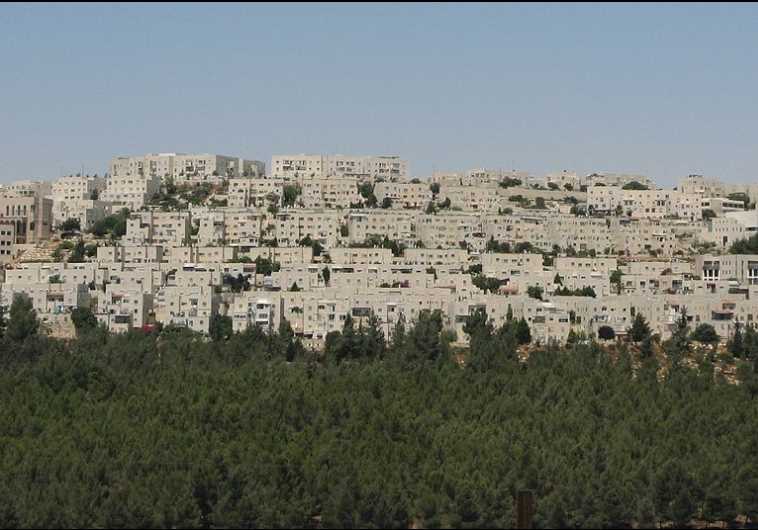US strongly opposes Israel's 'damaging' east Jerusalem housing announcement
Peace Now announced that the Jerusalem District Planning Committee approved the construction of 900 homes in neighborhood of Ramat Shlomo.
 Jerusalem's Ramat Shlomo neighborhoood (photo credit: Wikimedia Commons)
Jerusalem's Ramat Shlomo neighborhoood (photo credit: Wikimedia Commons)